New research and development facility brings together engineering teams to accelerate development of future mobility solutions
100,000 square foot facility scheduled to open in 2020
CAMBRIDGE, Mass., Aug. 1, 2018 /
PRNewswire/ — Boeing [NYSE: BA] today announced plans to open the new Boeing Aerospace & Autonomy Center in Cambridge, Mass., becoming the first major tenant of the Massachusetts Institute of Technology’s (MIT) new mixed-use district in Kendall Square.
Under the agreement, Boeing will lease 100,000 square feet of research and lab space inside a new 17-floor building at 314 Main Street in Cambridge. The new center will house employees from Boeing and subsidiary
Aurora Flight Sciences, who will focus on designing, building and flying autonomous aircraft and developing enabling technologies.
The investment in the new center follows the recent creation of
Boeing NeXt. This new organization unites researchers and projects across the company to shape the future of travel and transport, including the development of a next-generation airspace management system to enable the safe coexistence of piloted and autonomous vehicles. Employees at the center will help develop new technologies in support of Boeing NeXt programs.
“Boeing is leading the development of new autonomous vehicles and future transportation systems that will bring flight closer to home,” said Greg Hyslop, Boeing chief technology officer. “By investing in this new research facility, we are creating a hub where our engineers can collaborate with other Boeing engineers and research partners around the world and leverage the Cambridge innovation ecosystem.”
The construction of the new research facility is part of MIT’s broad strategy to foster vibrancy and diversity in Kendall Square, which is often referred to as the most innovative square mile in the world. Through its
Kendall Square Initiative, the university will develop six buildings to house a blend of lab and research, office, housing and retail space.
“It’s fitting that Boeing will join the Kendall/MIT innovation family,” said MIT Provost Martin Schmidt. “Our research interests have been intertwined for over 100 years, and we’ve worked together to advance world-changing aerospace technologies and systems. MIT’s Department of Aeronautics and Astronautics is the oldest program of its kind in the United States, and excels at its mission of developing new air transportation concepts, autonomous systems and small satellites through an intensive focus on cutting-edge education and research. Boeing’s presence will create an unprecedented opportunity for new synergies in this industry.”
Employees from Aurora Flight Sciences’ existing research and development center in Kendall Square will move into the new center and operate it on behalf of Boeing once complete.
“Today, Aurora’s Kendall Square team is already building innovative autonomous systems,” said John Langford, Aurora Flight Sciences founder, chief executive officer and MIT alumnus. “By expanding Aurora’s 30-year relationship with MIT, and working with Boeing, we are creating a collaborative space where engineers, students and researchers can work together to create technologies that will define the next-century of air mobility.”
Financial terms of the new lease agreement and development of the new facility were not disclosed.
The new agreement builds on a century-long relationship between Boeing and MIT to advance aerospace innovation. Last year, the company announced its role as
lead sponsor of an $18 million project to replace MIT’s Wright Brothers Wind Tunnel.

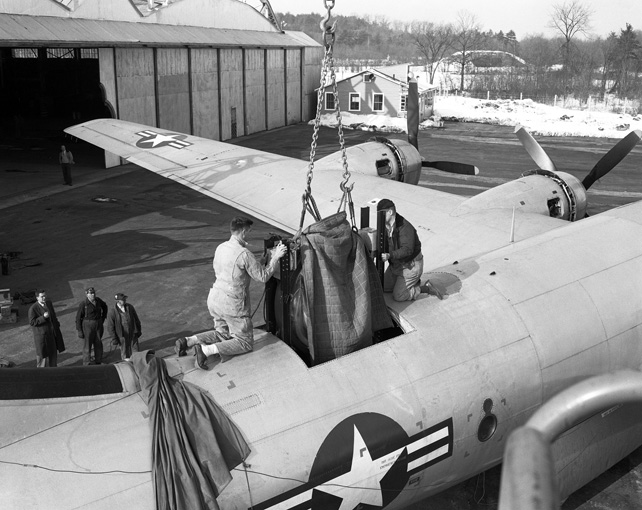



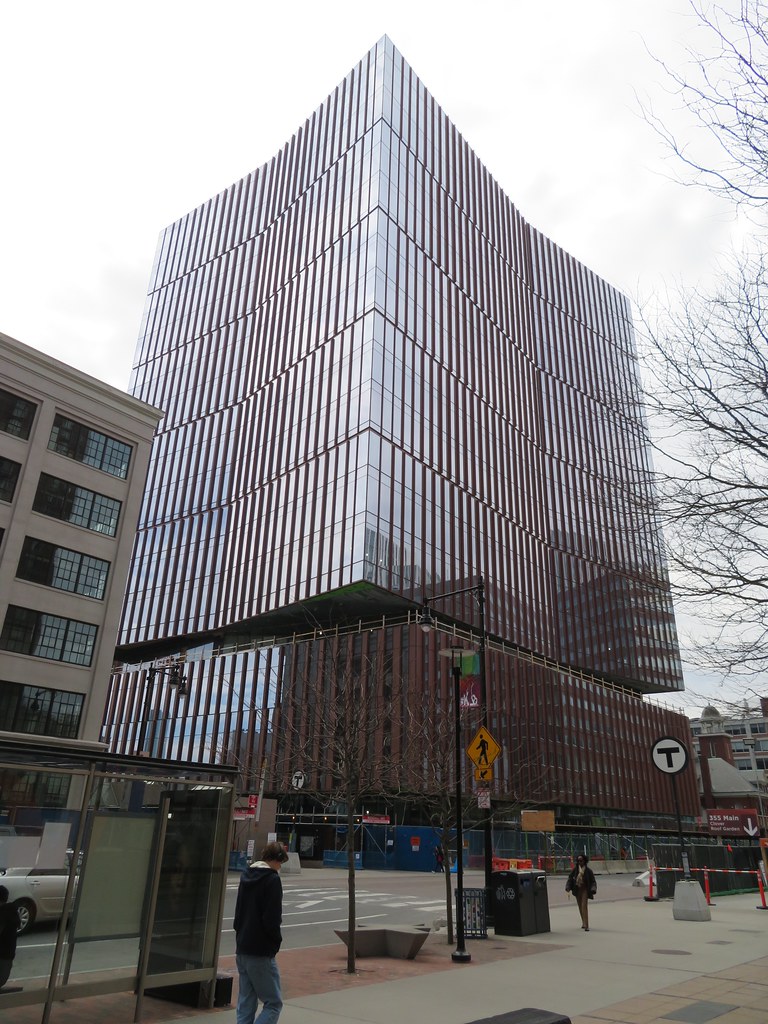 IMG_1667
IMG_1667 IMG_1669
IMG_1669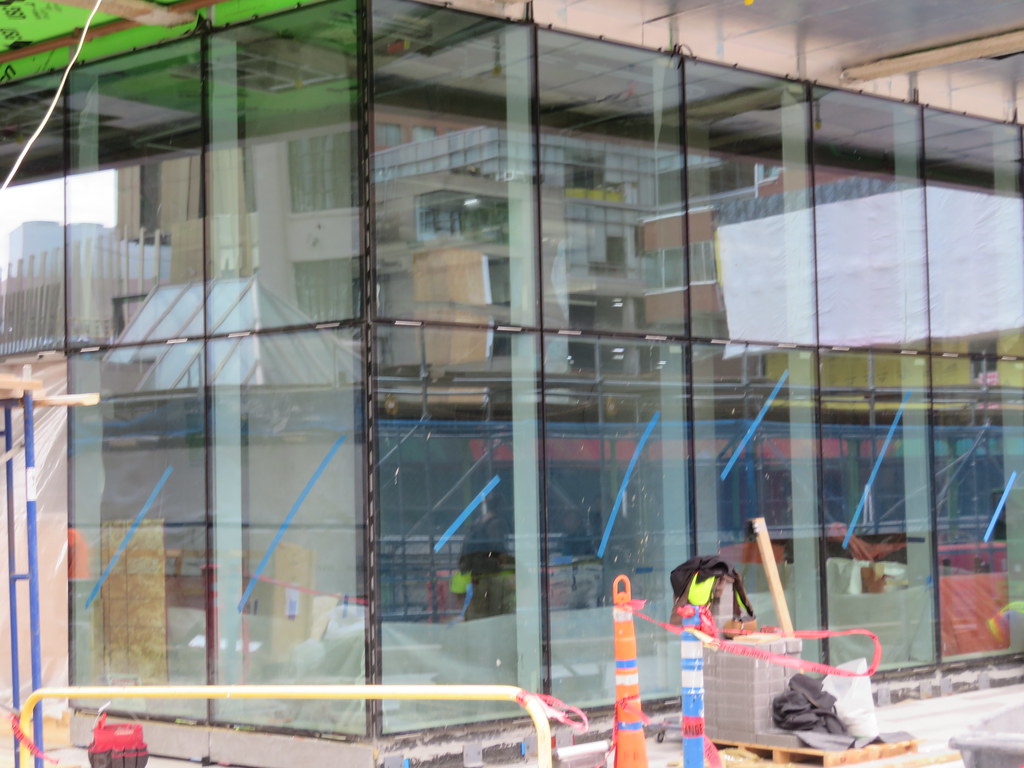 IMG_1679
IMG_1679 IMG_1694
IMG_1694 IMG_1676
IMG_1676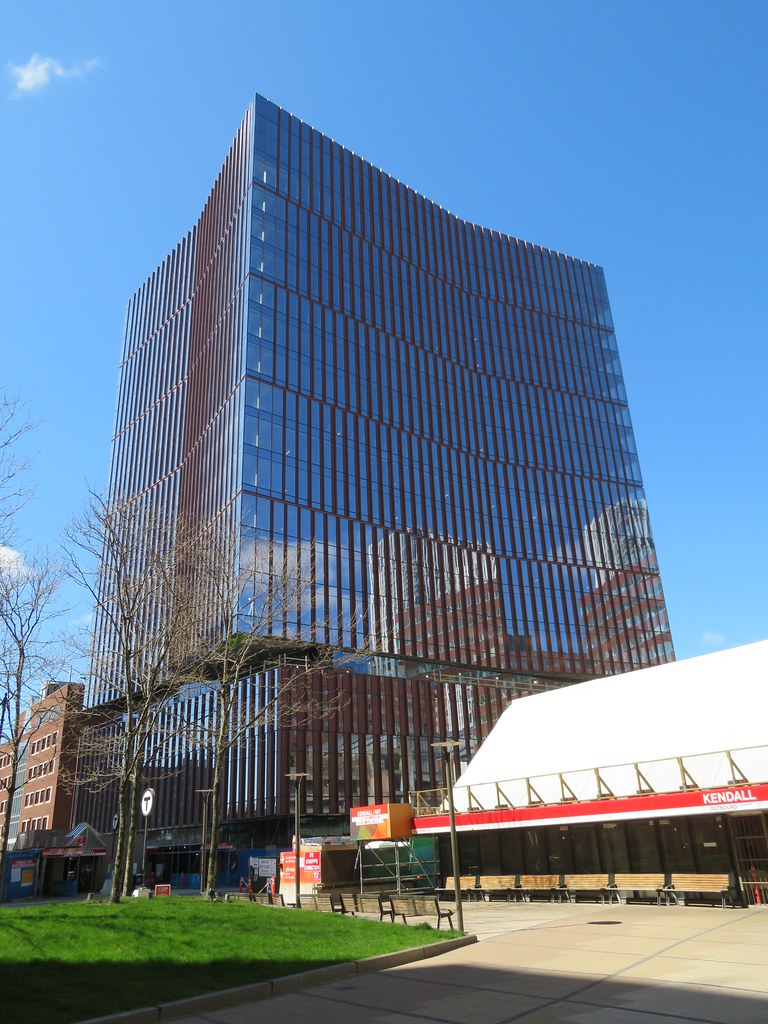 IMG_3716
IMG_3716 IMG_3724
IMG_3724 IMG_3725
IMG_3725 IMG_3742
IMG_3742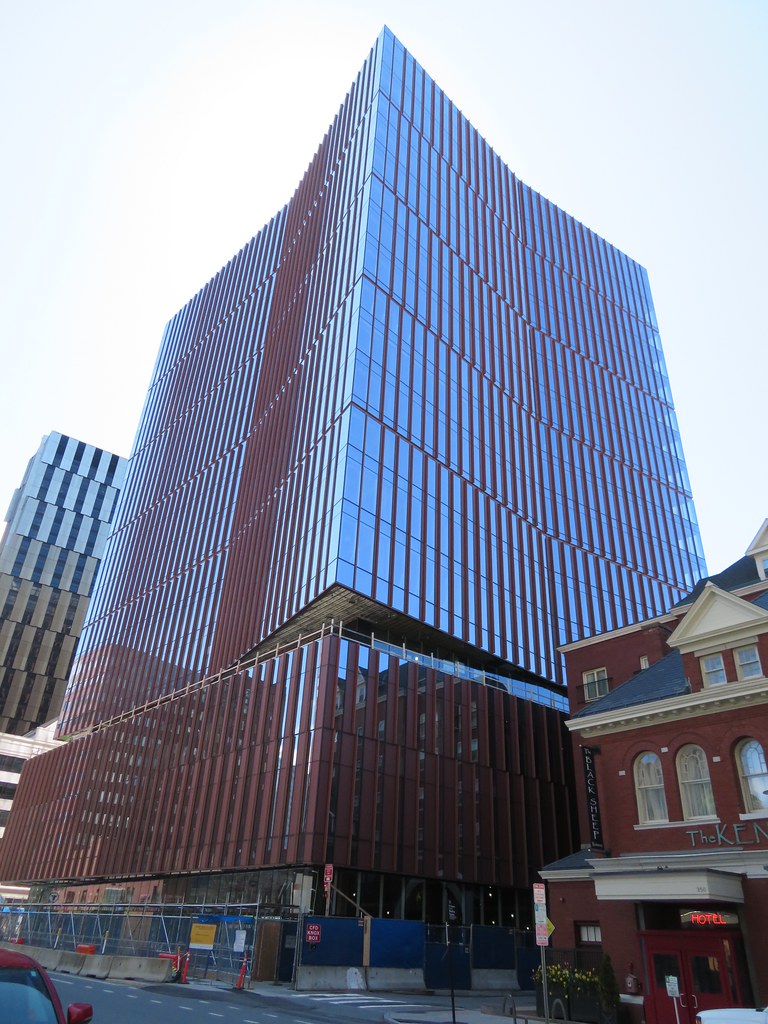 IMG_3779
IMG_3779 IMG_3780
IMG_3780 IMG_3775
IMG_3775 IMG_3781
IMG_3781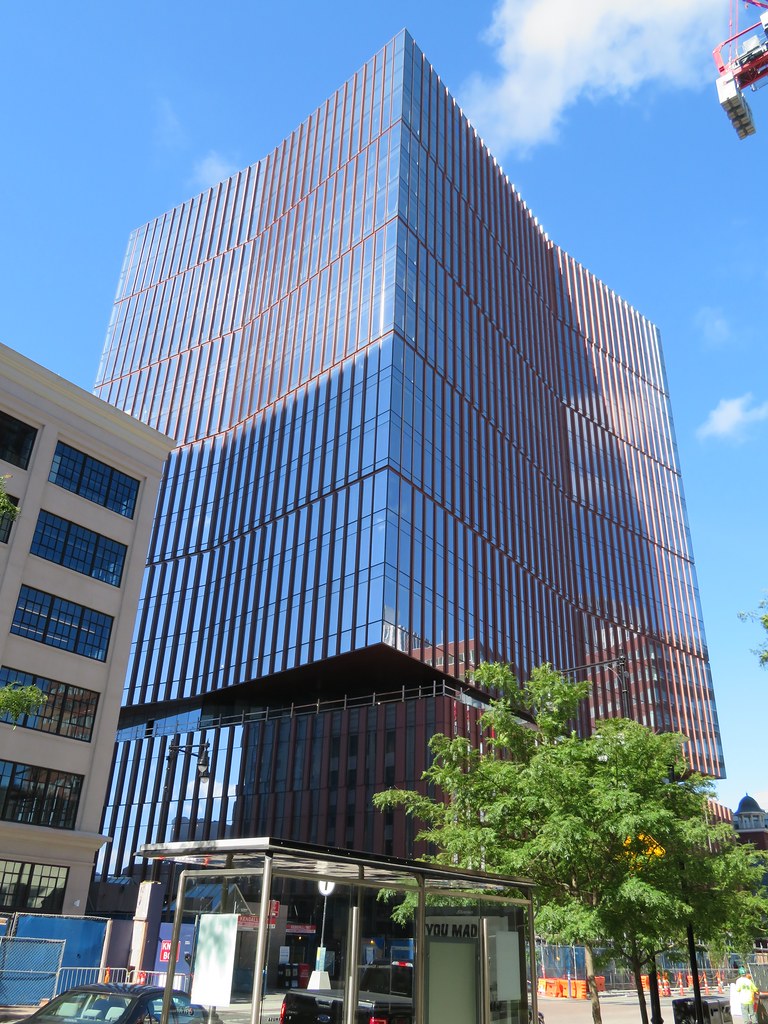 IMG_7930
IMG_7930 IMG_7934
IMG_7934 IMG_7938
IMG_7938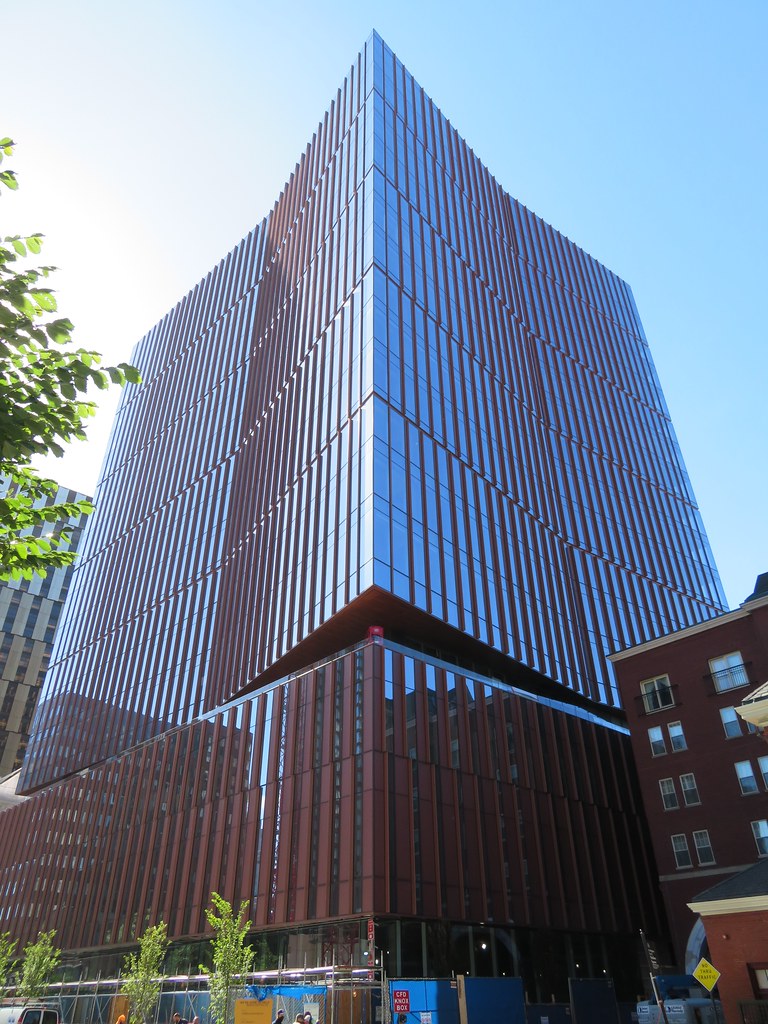 IMG_7942
IMG_7942 IMG_7957
IMG_7957 IMG_8993
IMG_8993 IMG_8989
IMG_8989 IMG_9027
IMG_9027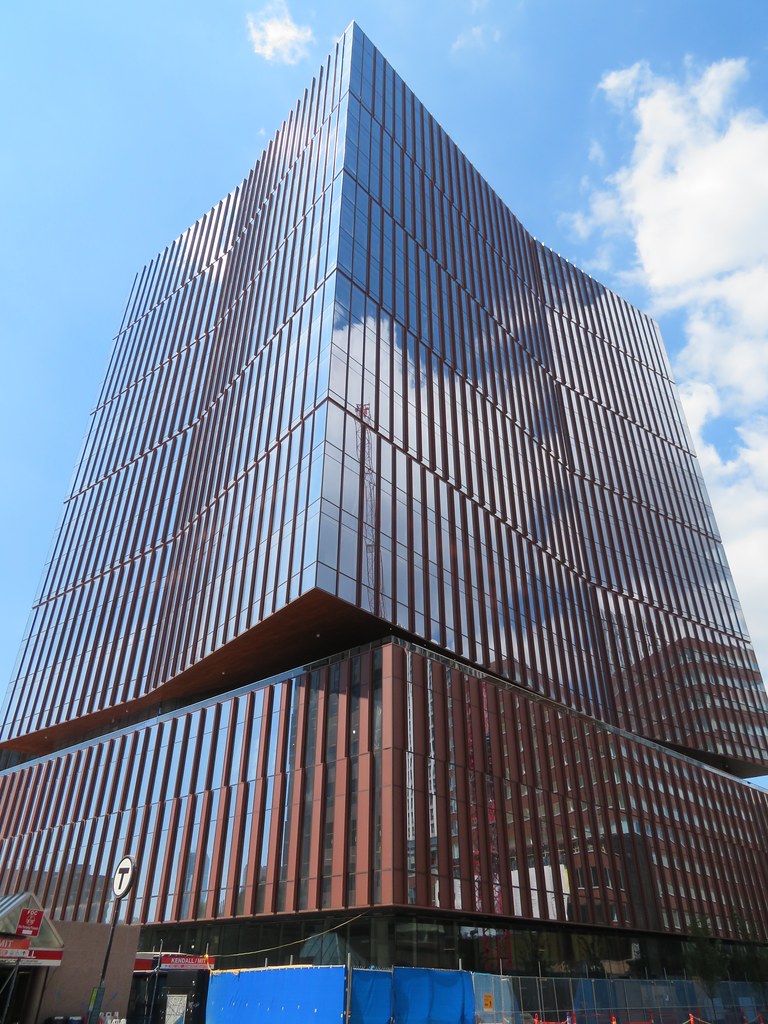 IMG_9030
IMG_9030 IMG_0989
IMG_0989 IMG_0993
IMG_0993 IMG_0995
IMG_0995 IMG_2616
IMG_2616 IMG_2618
IMG_2618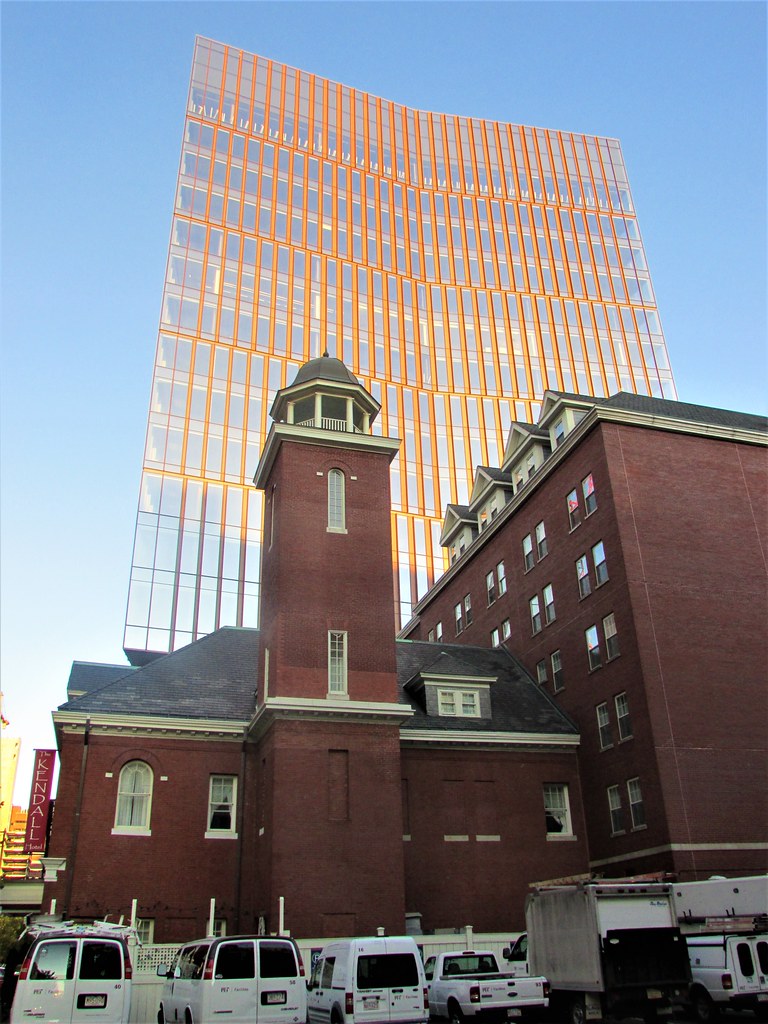 IMG_2633
IMG_2633 IMG_2635
IMG_2635 IMG_2636
IMG_2636 IMG_2638
IMG_2638 IMG_2639
IMG_2639 IMG_2640
IMG_2640 IMG_2645
IMG_2645